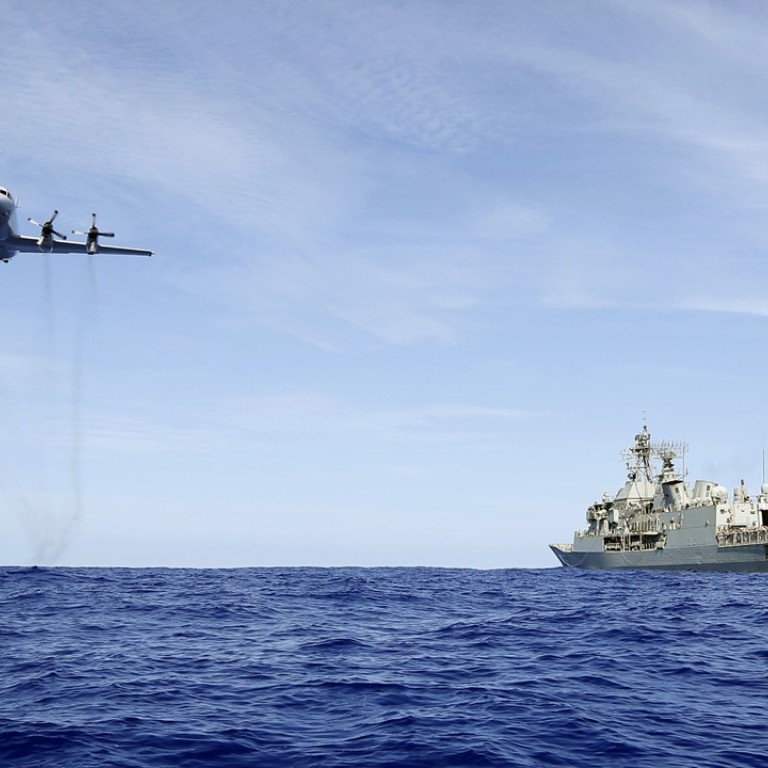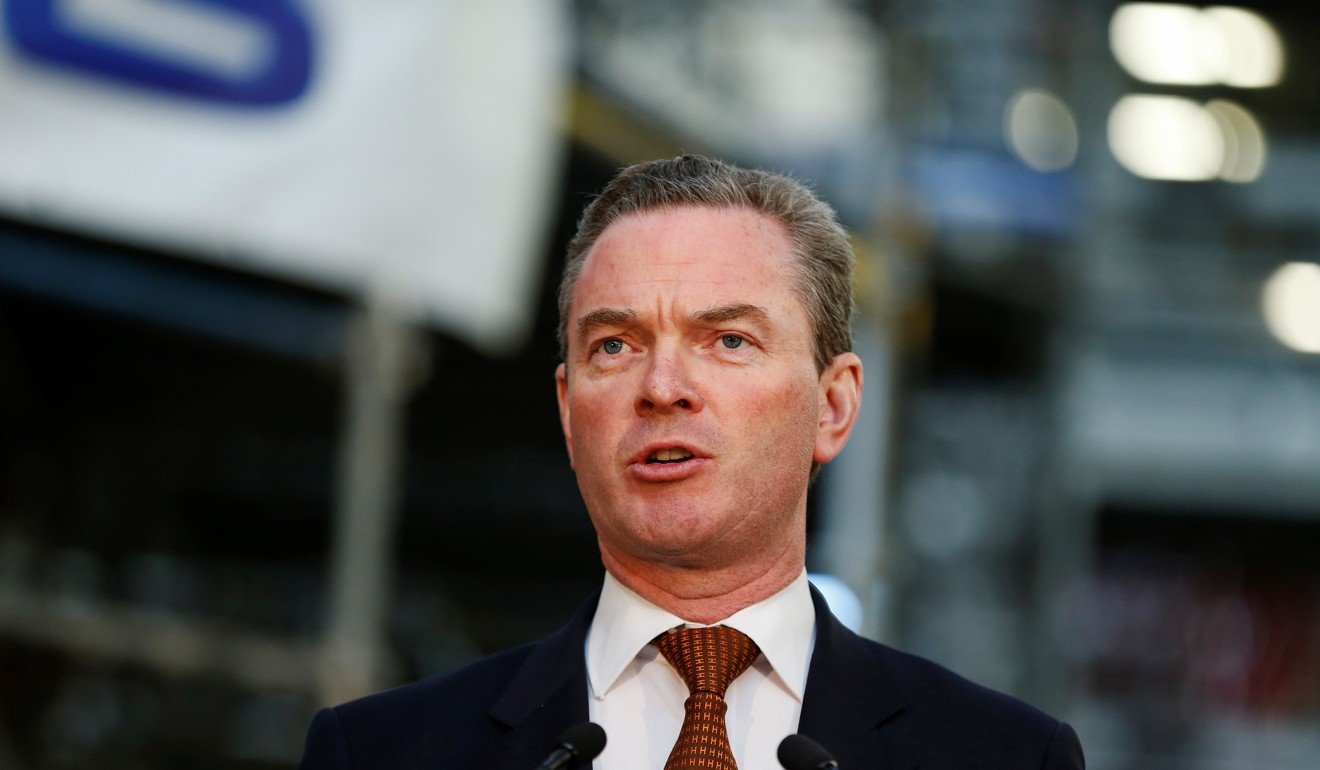
Australia, New Zealand deploy aircraft to Japan to help enforce North Korea sanctions
Australia adds two AP-3C Orion patrol planes while New Zealand deploys P-3K2 aircraft to carry out patrols of international waters in North Asia
Australia and New Zealand said on Friday their governments were deploying three maritime patrol aircraft to Japan to assist with efforts to enforce United Nations sanctions against North Korea.
Australia will add two AP-3C Orion maritime patrol aircraft to conduct maritime surveillance to an existing aircraft deployed earlier in the year, Defence Minister Christopher Pyne said.
New US envoy for North Korea to visit Seoul, Beijing, Tokyo next week
New Zealand Deputy Prime Minister Winston Peters said his government was deploying an air force P-3K2 plane to carry out patrols of international waters in North Asia for signs of vessels undertaking activities that break UN sanctions against North Korea, including ship-to-ship transfers.

“We welcome the recent dialogue North Korea has had with the United States and South Korea. However, until such time as North Korea abides by its international obligations, full implementation of the United Nations Security Council sanctions resolutions will be essential,” Peters said.
The aircraft would be based at Kadena Air Base in Japan, he added.
The United States has been pressuring North Korea via sanctions to give up its nuclear weapons programme and in August penalised two Russian shipping companies and six vessels it said were involved in the transfer of refined petroleum products to North Korean vessels in violation of UN restrictions.
US charges North Korean programmer over WannaCry, Sony cyberattacks
Since then relations have cooled and a planned visit by the top US diplomat to North Korea was scrapped last week because Trump said insufficient progress towards denuclearisation had been made.
The move by Australia was a “continuation” of the country’s “strong stand to deter and disrupt illicit trade and sanctions evasion activities by North Korea and its associated networks”, Pyne said.

